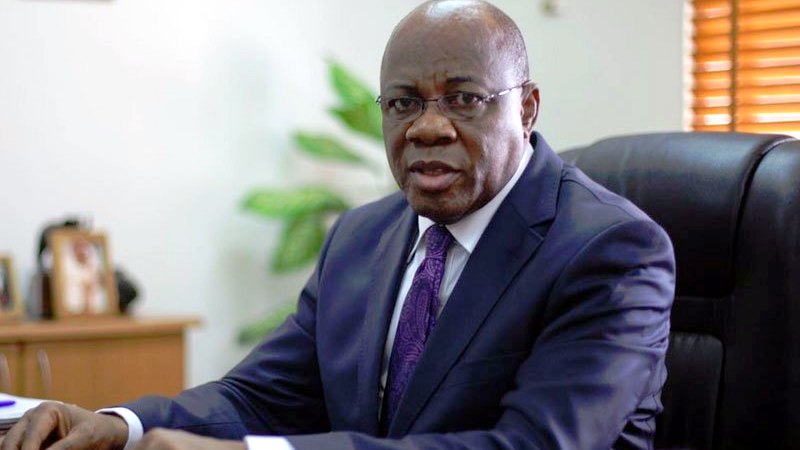A Senior Advocate of Nigeria and former President of the Nigerian Bar Association (NBA), Olisa Agbakoba, has proposed a set of structural reforms to the federal government of Nigeria, which he said could “unlock over ₦1.5 quadrillion” in economic value and stabilise the naira.
The senior lawyer made the proposal in an open letter addressed to Nigeria’s minister of Finance, Wale Edun, on Sunday.
In the letter, titled “Ideas for a Quadrillion Naira Economy in 10 to 15 Years,” Mr Agbakoba identified land and real estate titling, expansion of a credit economy, and agricultural mechanisation as key drivers that could create tangible economic fundamentals to strengthen the naira and accelerate long-term growth.
He, however, argued that exchange rate volatility remains Nigeria’s most pressing challenge, and that the naira’s weakness stems from a lack of real economic fundamentals.
According to him, comprehensive reforms in property titling, credit access, and agricultural productivity would convert “dead capital” into active wealth, deepen naira-denominated asset markets, and create sustainable prosperity for future generations.
Mr Agbakoba’s letter came amidst claims by the federal government of recent economic progress, including growth in Gross Domestic Product (GDP) , declining inflation, and stabilised exchange rates.
Background
Recently, Mr Edun claimed that Nigeria has triumphed over its toughest economic phase, and is now steadily walking the path of recovery, with the most challenging stage of attaining growth now confined to the past.
This, the minister said, was due President Bola Tinubu’s “radical and holistic” approach to economic development by means of reforms that has enabled that, with stability now assured, following years of fiscal distress.
“I believe the most difficult phase of our economic journey is behind us. Nigeria has turned a decisive corner,” the minister remarked at the time.
“The road ahead will demand hard work and discipline, but we are firmly on the right path.”
Mr Edun recalled that when President Tinubu assumed office in 2023, the economy was battling an existential crisis, hit by slow growth, hyperinflation as well as headwinds from costly petrol subsidies and multiple exchange rate regimes that were keeping investors at bay.
He said that the administration’s earl
Continue Reading on Premium Times Nigeria
This preview shows approximately 15% of the article. Read the full story on the publisher's website to support quality journalism.
